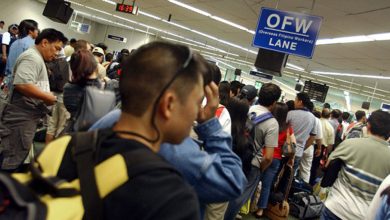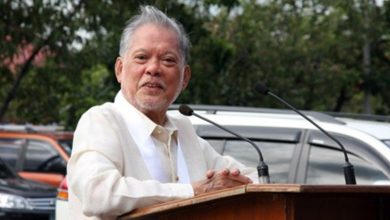DUBAI: News from the Philippines about the country’s national ID system finally set to get off the ground next month sent waves of approval among the estimated one million Filipinos in the UAE. They however, raised concerns ranging from security issues to the palakasan or patronage system and traditional politicians using it for their gain.
Online crowdsourcing by The Filipino Times showed that an overwhelming majority of overseas Filipino workers (OFWs) favor the move, echoing what its proponents back home were saying about how it could cut down red tape and therefore, contribute to further economic growth in terms of increased productivity in lieu of lesser time to transact with the government and the private sector.
Reservations however centered on whether the Philippines, which counts among nine countries that have yet to establish a central ID system, is ready for it.
The Philippine Statistics Authority (PSA) has announced that registration for the Philippine national ID is set to begin in December this year as a part of its dry run phase.
In light of this development, Sen. Franklin Drilon, Senate minority leader and principal author of the law mandating the Philippine ID system or PhilSys, said OFWs are eligible to register.
“Filipinos living and working abroad can register at embassy or consular offices in their countries of location to get their assigned Common Reference Number (CRN). The application for the ID system shall be free of charge,” Drilon has been quoted by Philippine media as saying.
He advised OFWs to wait for further announcements on the registration procedure for the national ID.
Assurance
Consul General Paul Raymund Cortes, in an interview, said the national ID system “effectively promotes and protects identities, ensuring that transactions made do not infringe or jeopardize individuals.”
He added: “While the guidelines and regulations for registration of overseas Filipinos in the unified identification system have not yet been released, the consulate urges the community to await further instructions on the procedures relative to the national ID system.”
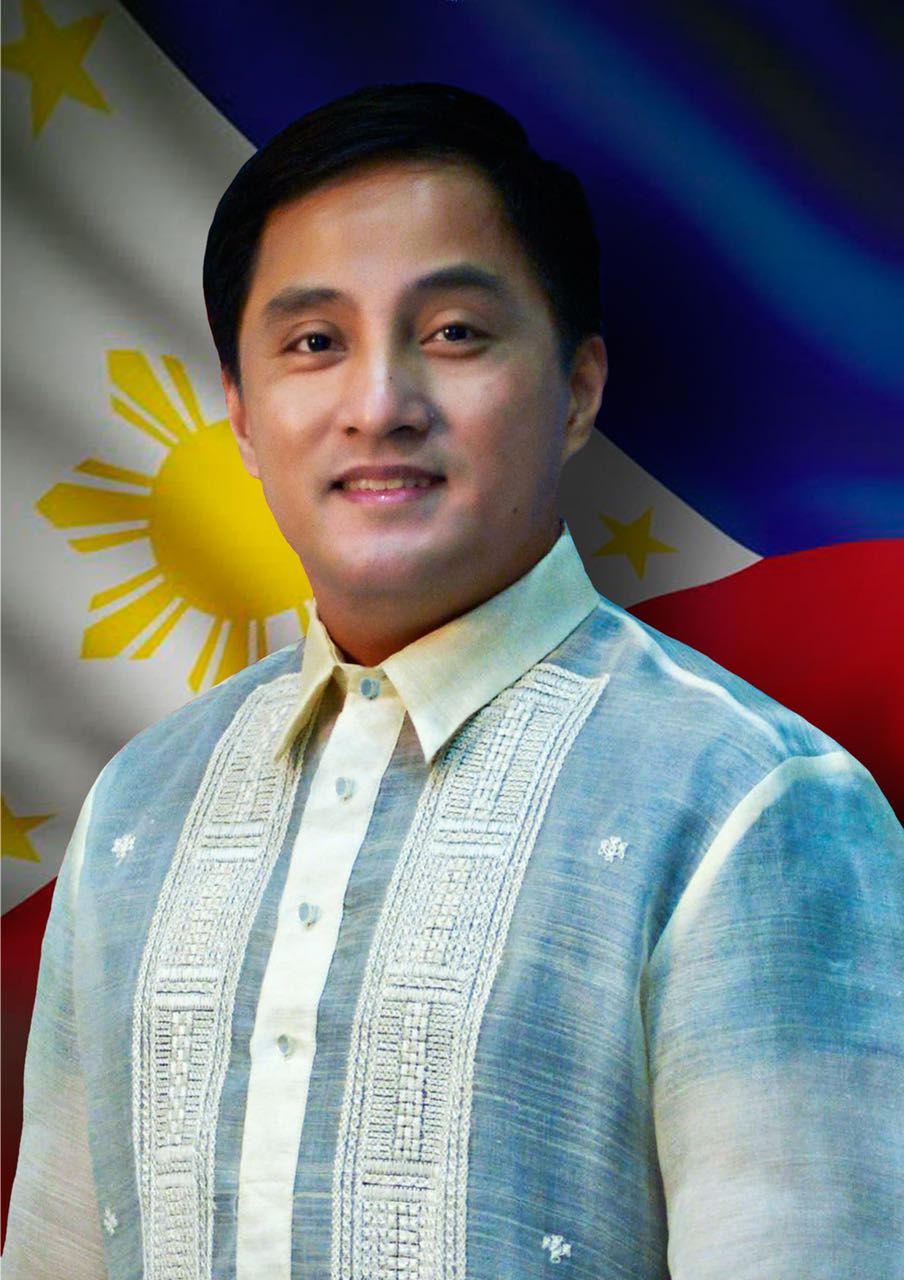

Trust
“I just hope that this is implemented well,” said the multi-awarded lawyer and OFW advocate, Atty. Barney Almazar. “I think the country is not ready for it. There should be trust in the government institutions. Sa ibang bansa nga, ang daming nagiging victims of fraudulent use of national IDs. In the Philippines, how sure are we that the information is protected…ang COMELEC nga naha-hack,” he added. (There are a lot of people in other countries falling victim to the fraudulent use of their national ID. In the Philippines, how sure are we that the information shared is protected when even the Commission on Election can be hacked?)
Concurring with Almazar, Engr. Elmer Ocampo Casao, head of the umbrella OFW group, Bayanihan Council, said a national ID system “would be great especially in ensuring the security and safety of all Filipinos.”
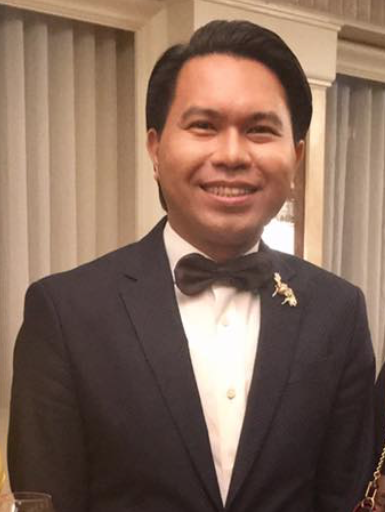

“But before its implementation, the security of the system must be in place first,” Casao said.
Technology
Joanne Rico, a community leader and a marketing executive at a big medical facility in Abu Dhabi, who likened the national ID system to a technology that can be put to good use as much as it can also be used for bad intent.
“Technology has the potential to be a good tool for the benefit of many people pero kapag ginamit ang technology for bad intent, of course masama din ang magiging impact nun,” Rico said. (Technology has the potential to be a good tool for the benefit of many people but it it will be used for bad intent, of course the impact would be bad.)
Rico added that OFWs have a good grasp of the benefits of having a national ID system. “We as OFWs have experienced all the benefits of having a national ID, OFWs not only in the UAE but in other countries all over the world that have a national ID system. So, malawak ang pang-unawa natin kung gaano kaganda ang pagkakaruon ng isang national ID,” she said. (We, OFWs not only in the UAE, but as well as those in other countries all over the world that have a national ID system, have a good understanding of how the system works and how good it is to have it.)
Law
Currently, and in the absence of a national ID system, the passport is the most commonly accepted identification document when transacting with the government or private entities like banks.
The national ID system was signed into law as Republic Act 11055 by President Rodrigo Duterte on August 6, 2018 to centralize all personal information of Filipino citizens as well as resident aliens.
It will create a Philippine ID (PhilID) and PhilSys Number (PSN) that will be used to authenticate the bearer’s identity in all government and private sector transactions, including applications for drivers’ license, passport, tax-related transactions, voters’ registration, application to schools, and bank transactions.
Necessary
The Philippine Legislature’s Congressional Policy and Budget Research Department said in a report that the national ID system was necessitated by moves to abolish red tape in government.
“Filipinos have to present various identification cards issued by different government agencies to prove their identity here and abroad. In fact, the Philippines is one of only nine (9) countries in the world without a national identification (ID) system. The issuance of identification cards from different agencies has created unnecessary and costly redundancies, thereby entailing higher costs,” said the report.
Data privacy
Meantime, Drilon has pointed out that the implementation of the national ID system would not affect a person’s privacy of information because provisions of the Data Privacy Act will apply.
“We have provided enough safeguards to protect the individual’s right to privacy and to prevent unscrupulous persons from accessing confidential information,” the lawmaker assured.
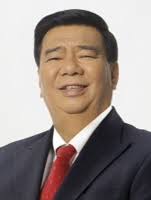

OFW’s CRN
Under the law, OFWs will be given a CRN, which would be their national ID which can be used in transactions with all branches of the government and with certain private institutions, like banks.
Benefits
Meantime, according to the Congressional Policy and Budget Research Department of the Philippine Legislature, the national ID can be used as an official document that will be honored in transactions concerning a person’s identity, marital status, birth, and other personal circumstances.
It can also be accepted in transactions with national government agencies, local government units, government-owned or controlled corporations, and government financial institutions.
Likewise the national ID can be used to identify voters, schools, and employees, as well as to avail of senior citizens’ benefits.
Lastly, it can also be used in courts, for police clearances, and transactions with banking and financial institutions.


